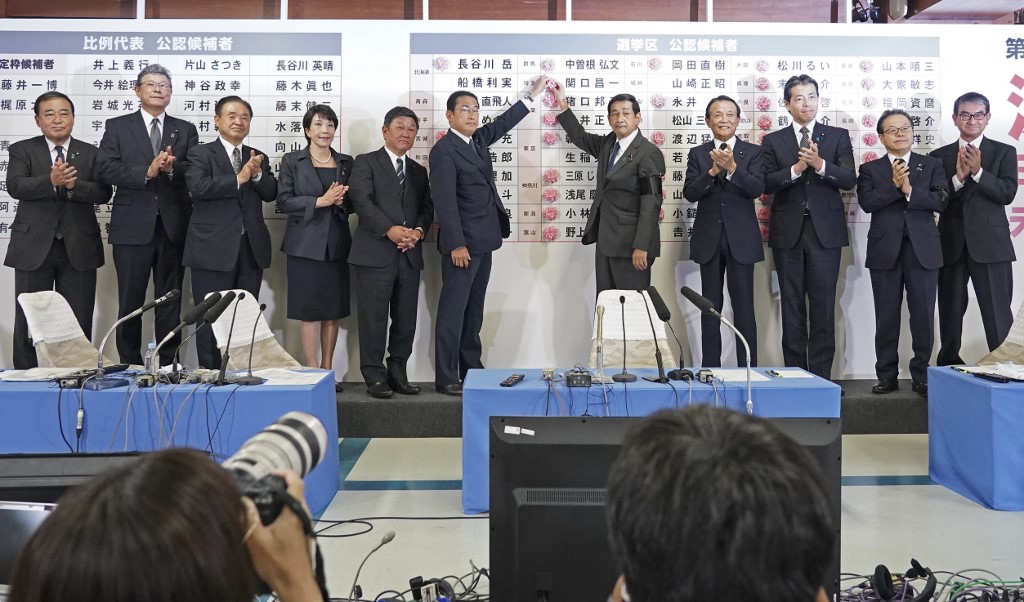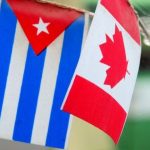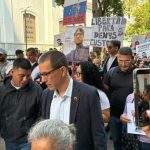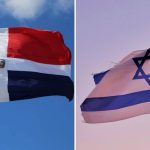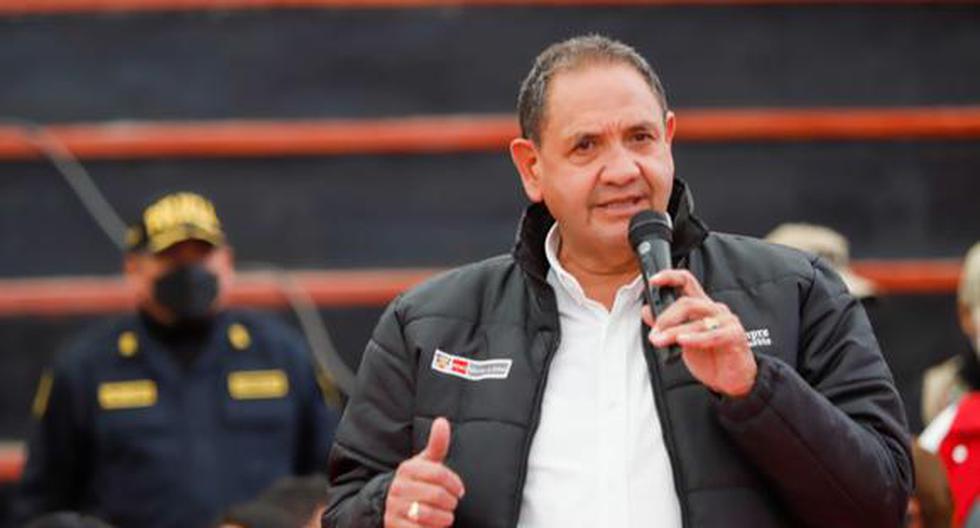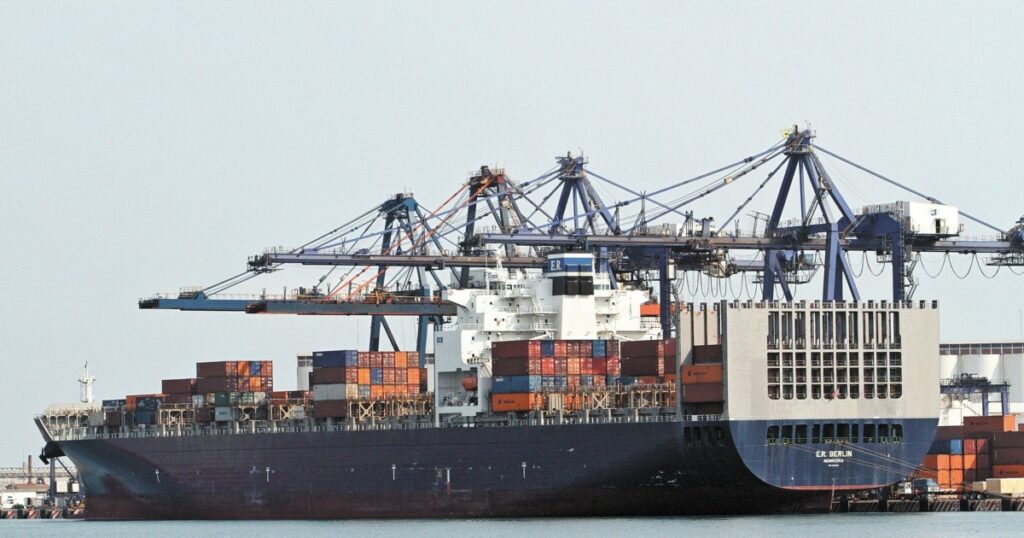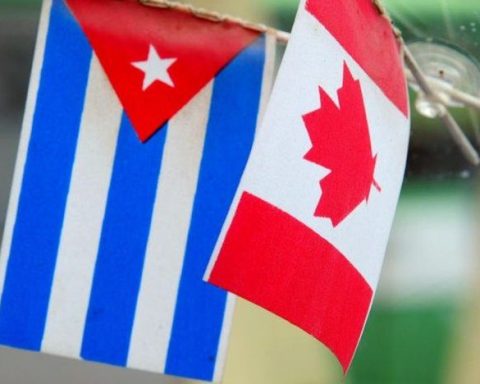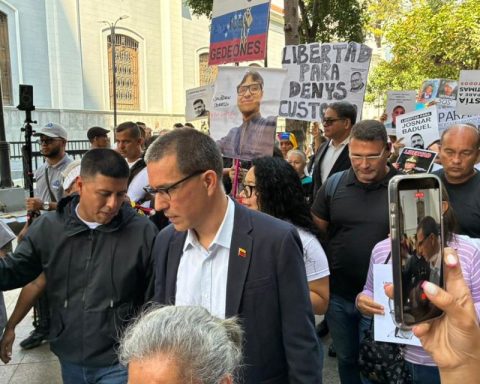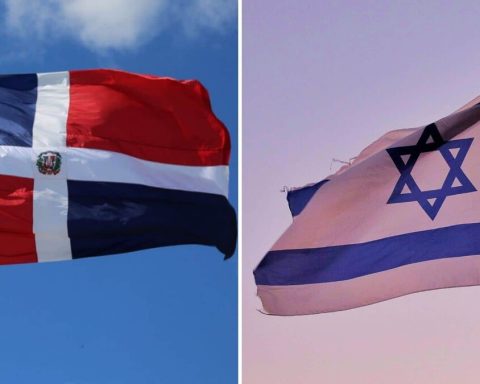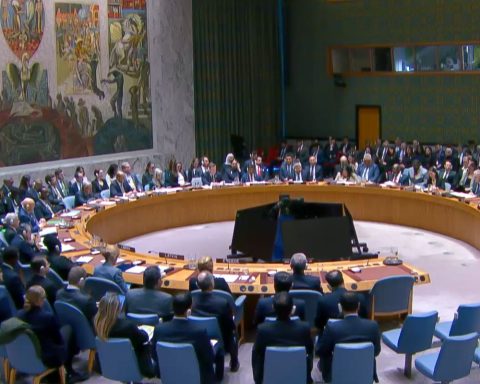The ruling party, the Liberal Democratic Party (LDP), to which Abe belonged, and its allies in the Komeito party reinforced their dominance with more than 75 of the 125 seats in the Upper House, according to national media.
Both parties are part of what is now a two-thirds supermajority willing to amend the country’s dovish constitution and strengthen its global military role, a long-time Abe goal.
Even before the assassination that shocked the country, the LDP and Komeito were on their way to cementing their majority.
“I think it is important that the elections have been held in a normal way,” current Prime Minister Fumio Kishida said, adding that he was going to focus his mandate on covid, Ukraine and inflation.
The assassination of the former leader, who was shot on Friday, clouded the vote, but Prime Minister and Abe’s successor, Fumio Kishida, insisted the shock would not stop the democratic process.
Conceding defeat, Kenta Izumi, leader of the opposition Constitutional Democratic Party, which is expected to lose several seats, said it was clear “voters did not want to change,” according to Kyodo News.
The turnout rate in the elections was 52%, according to the latest data available on Monday morning.
Abe’s body arrived in Tokyo on Saturday from the western region where he was shot on Friday.
The murder shocked the archipelago and the international community, which sent a multitude of condolences and condemnations.
The man accused of his murder, Tetsuya Yamagami, 41, is in custody and told investigators he attacked Abe because he believed the politician was linked to an organization that was not identified.
The local press described this entity as a religious organization and said that Yamagami’s family had suffered financial problems as a result of his mother’s donations to the group.
“SUCH A BITTER REGRET”
Abe was making a campaign speech in the western Nara region to support an LDP candidate when he was shot by the suspect.
The former prime minister died hours after receiving two blows to the neck, despite the efforts of a team of 20 doctors.
Japan is a country where there is little violent crime and strict gun laws are in place, so security at campaign events is lax.
However, after Abe’s murder, measures were tightened for the rest of Kishida’s acts.
Takao Sueki, a 79-year-old voter, said he was voting with international instability on his mind, including the Russian invasion of Ukraine.
“Seeing the situation in the world, I think every day how Japan is going to handle this situation,” he explained.
On Saturday, police admitted there were flaws in Abe’s security arrangements and promised a thorough investigation.
“I think it is undeniable that there were problems with safety and security measures,” said Nara Prefectural Police Chief Tomoaki Onizuka.
The high command added tearfully that since he became an agent in 1995 he had never had “such bitter remorse and regret as great as this.”
The assassination of Japan’s best-known politician was condemned around the world. US President Joe Biden ordered flags to be lowered to half-staff on Sunday and Chinese President Xi Jinping said he was “deeply saddened.”
A PUBLIC WELL AND A PRIVATE FUNERAL
Abe’s office told AFP that a wake will take place on Monday night and that only his closest family and friends will attend a sober funeral on Tuesday.
Local media reported that both events are expected to be held at the Zojoji Temple in Tokyo.
US chief diplomat Antony Blinken, who is touring Asia, will visit Japan on Monday to pay condolences in person.
Kishida, 64, holds a solid parliamentary majority along with his ally in the governing coalition, Komeito.
However, significant political obstacles await him, such as inflation and energy shortages.
